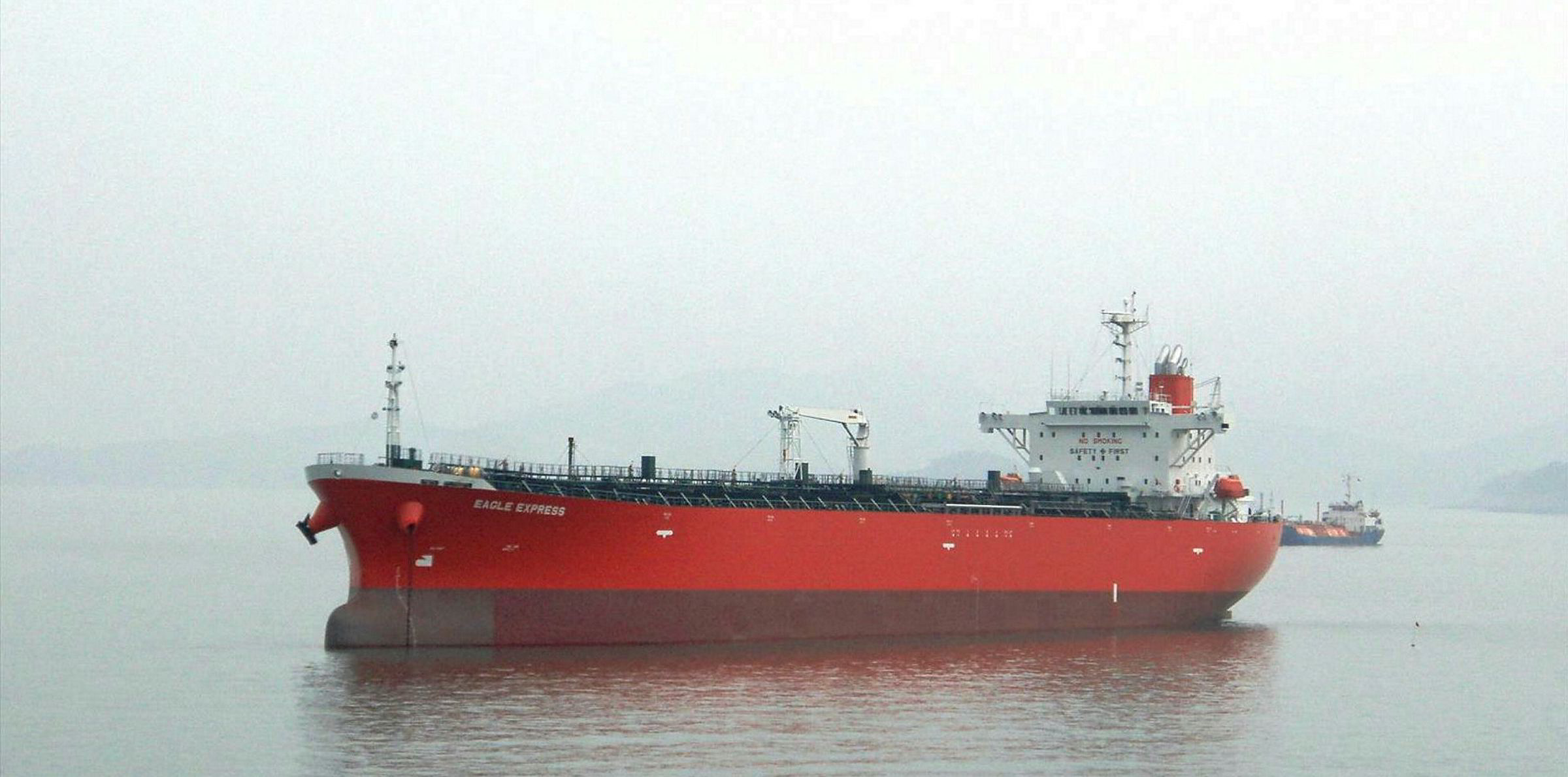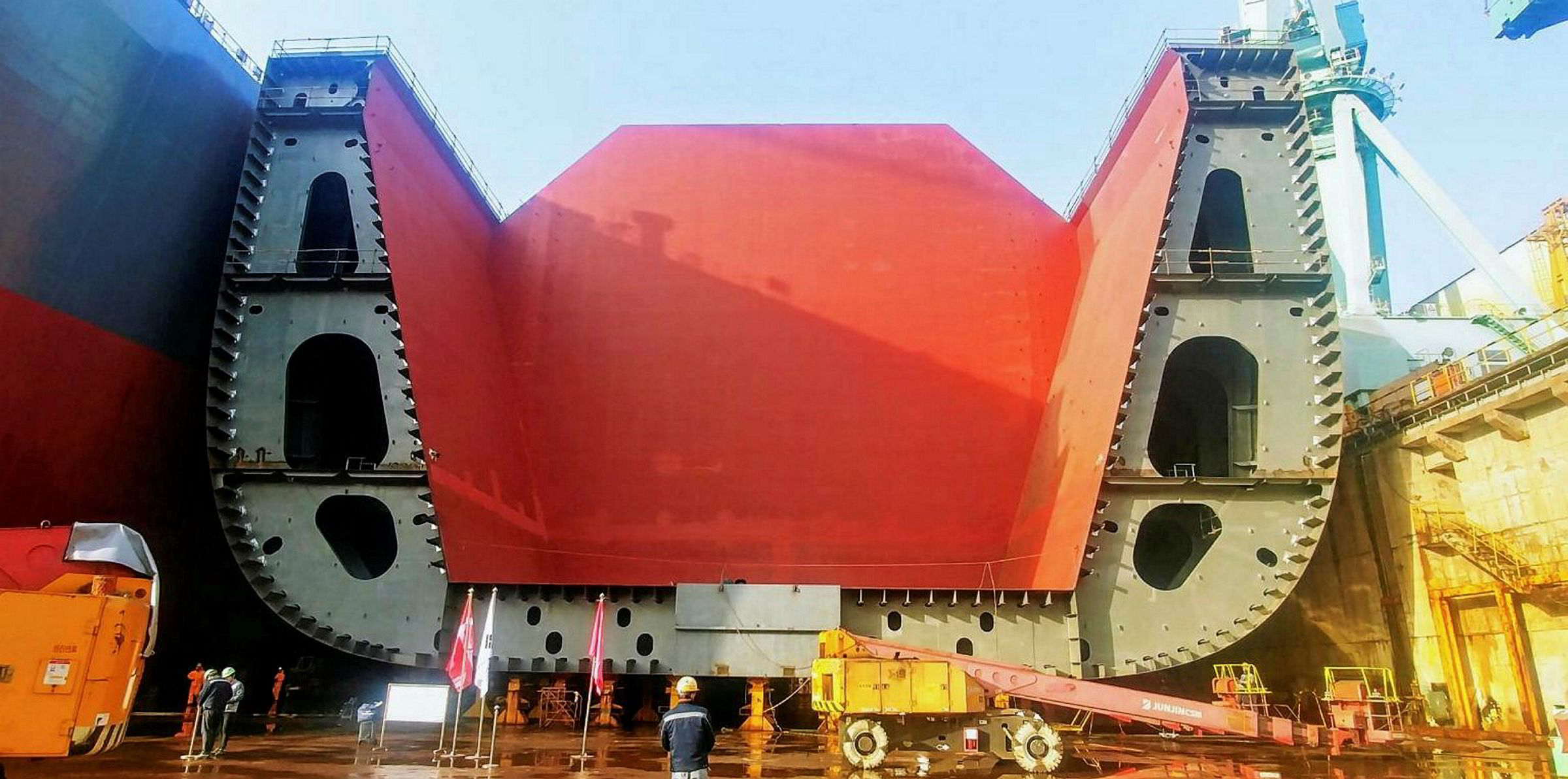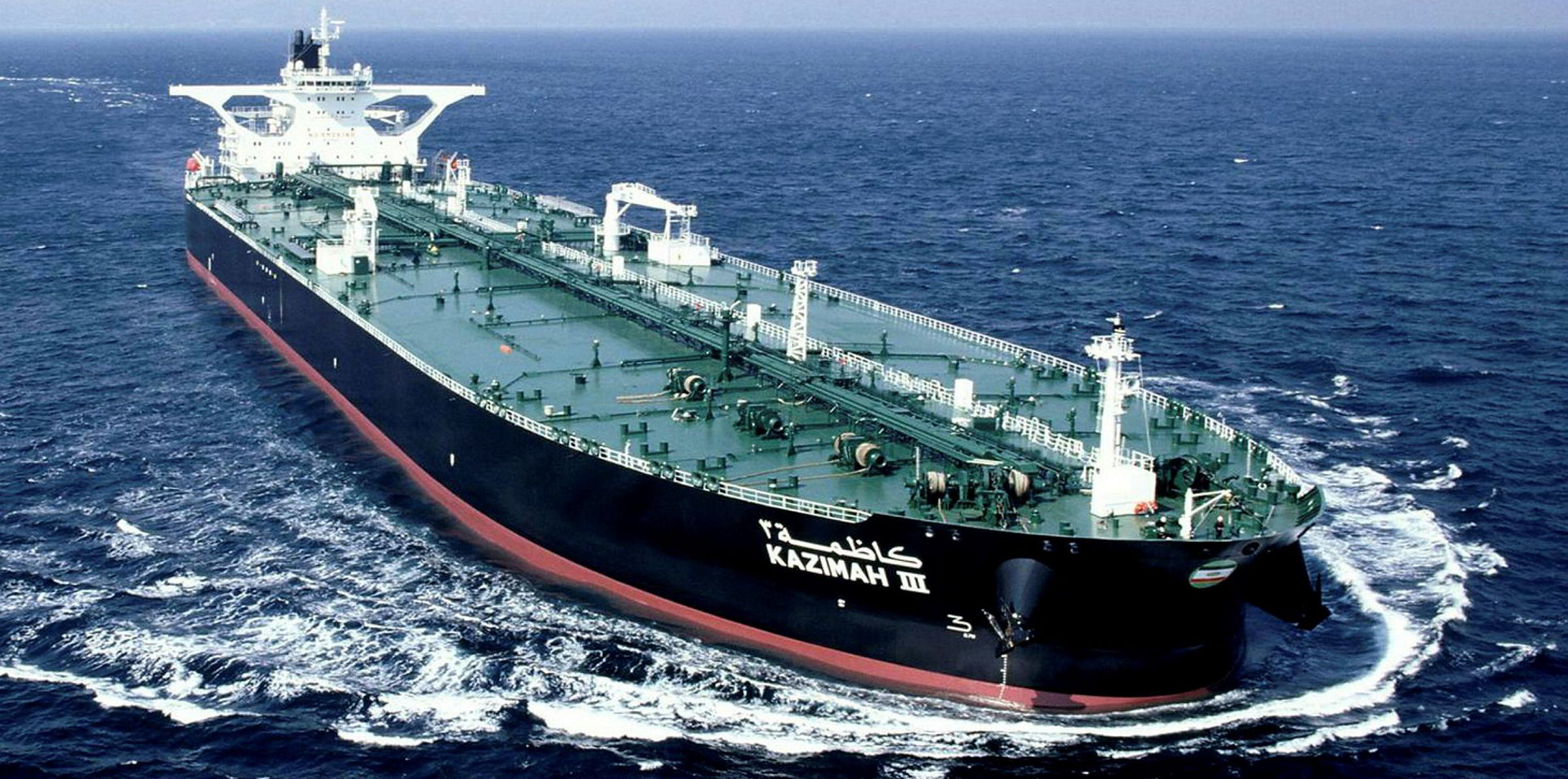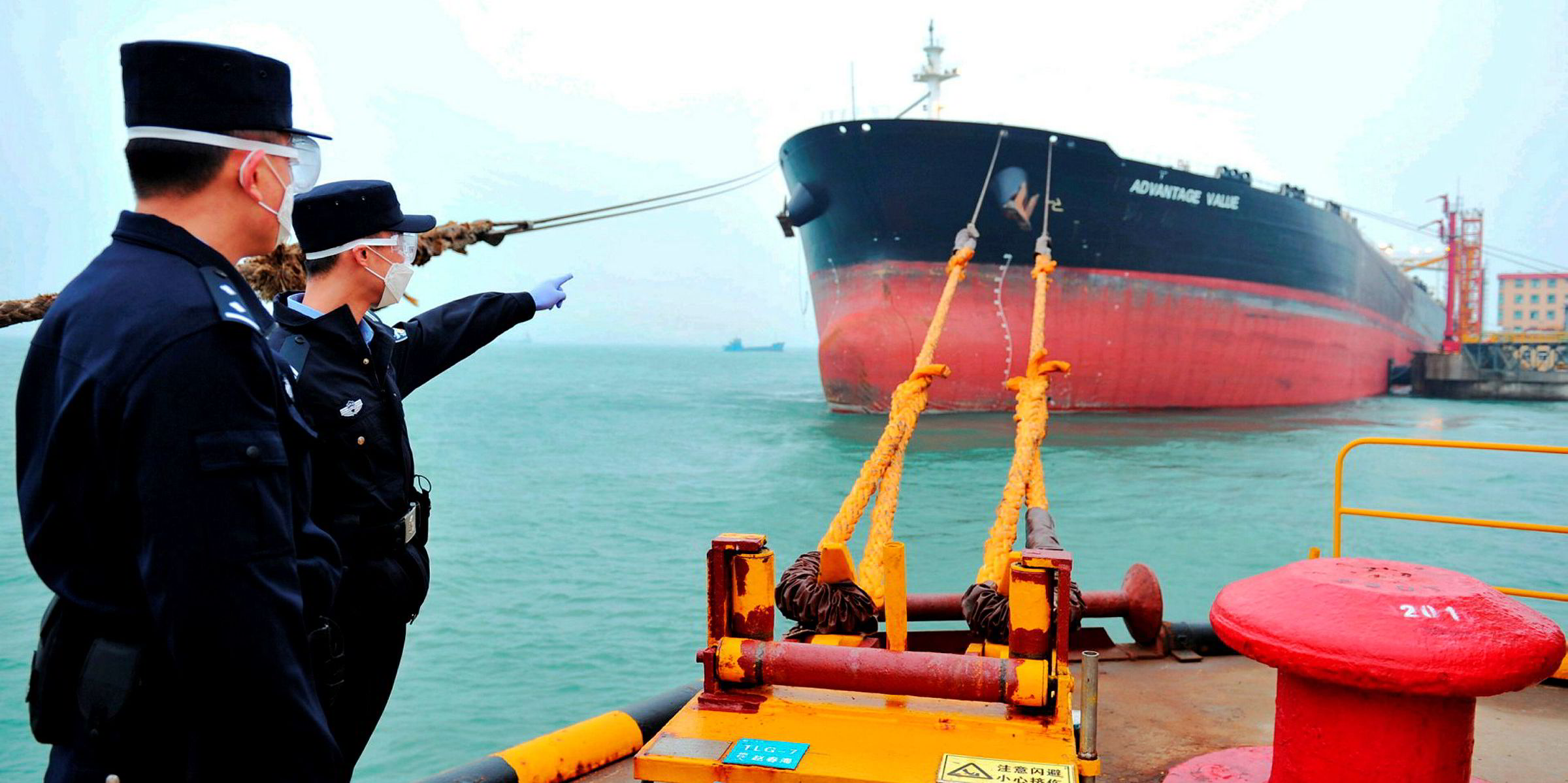China has reportedly granted the first product export permit to a private refiner in years, signalling more employment opportunities for product tankers in the Pacific.
According to Reuters, Zhejiang Petroleum & Chemical (ZPC) has received the licence from Beijing to sell petroleum products to overseas buyers, about four years after 12 Shandong-based independent refineries were granted such permissions on a temporary basis.
“China interestingly could start to push more products to the market,” Gibson Shipbrokers’ head of research Richard Matthews said in a Baltic Exchange webinar on Thursday.
“We see China import a lot of crude, we see high refinery runs. But domestic demand is not necessary there.”
While oil consumption in China remains overall below year-ago levels, Chinese oil firms kept crude imports and refinery throughput high for much of the second quarter due to strong refining margins.
Having already hit an all-time high in May, China’s crude imports may break new records in June and July, according to some analysts.
A Platts survey showed China’s state-owned refineries, which have export licences, may have kept their average utilisation rate at 76% in May and 80% in June.
ZPC, which just commissioned its refinery in early 2020, may have operated at 120% of its nameplate processing capacity of 400,000 barrels per day (bpd) in May and 130% last month.
TradeWinds could not immediately reach ZPC for a comment.
Chinese refined products have struggled to find overseas buyers recently, with Kpler data showing the country’s exports of clean products falling to 506,000 bpd last month from 1.06m bpd in March.
“One thing we see is the reduced arbitrage opportunities” for product tankers, Matthews said.
“All regions are pretty well supplied with products,” he added.
Spot LR and MR tanker earnings on most trading routes have fallen below $10,000 per day, lacklustre levels not seen since early 2020, according to the Baltic Exchange.
Congestion of crude tankers
Looking further ahead, some analysts have expected Chinese refiners to reduce crude imports, with domestic oil inventories at high levels.
“China’s crude stocks are at a record high,” Intercontinental Exchange’s head of oil market research Mike Wittner said. “Chinese buying is going to be a bit muted going forward.”
Tanker congestion at Chinese ports has been severe in recent weeks, with many vessels unable to discharge their cargoes.
A total of 23 VLCCs and 24 suezmaxes have been waiting for more than seven days in China, according to Alphatanker’s estimates.
“Not only have there been long queues for berths but unloading is reportedly taking longer than usual as storage and pipeline infrastructure is saturated,” according to the weekly newsletter.
“Anecdotal information suggests that a number of VLCC operators with vessels currently en-route to China have been told to expect delays lasting up to a month upon arrival.”







